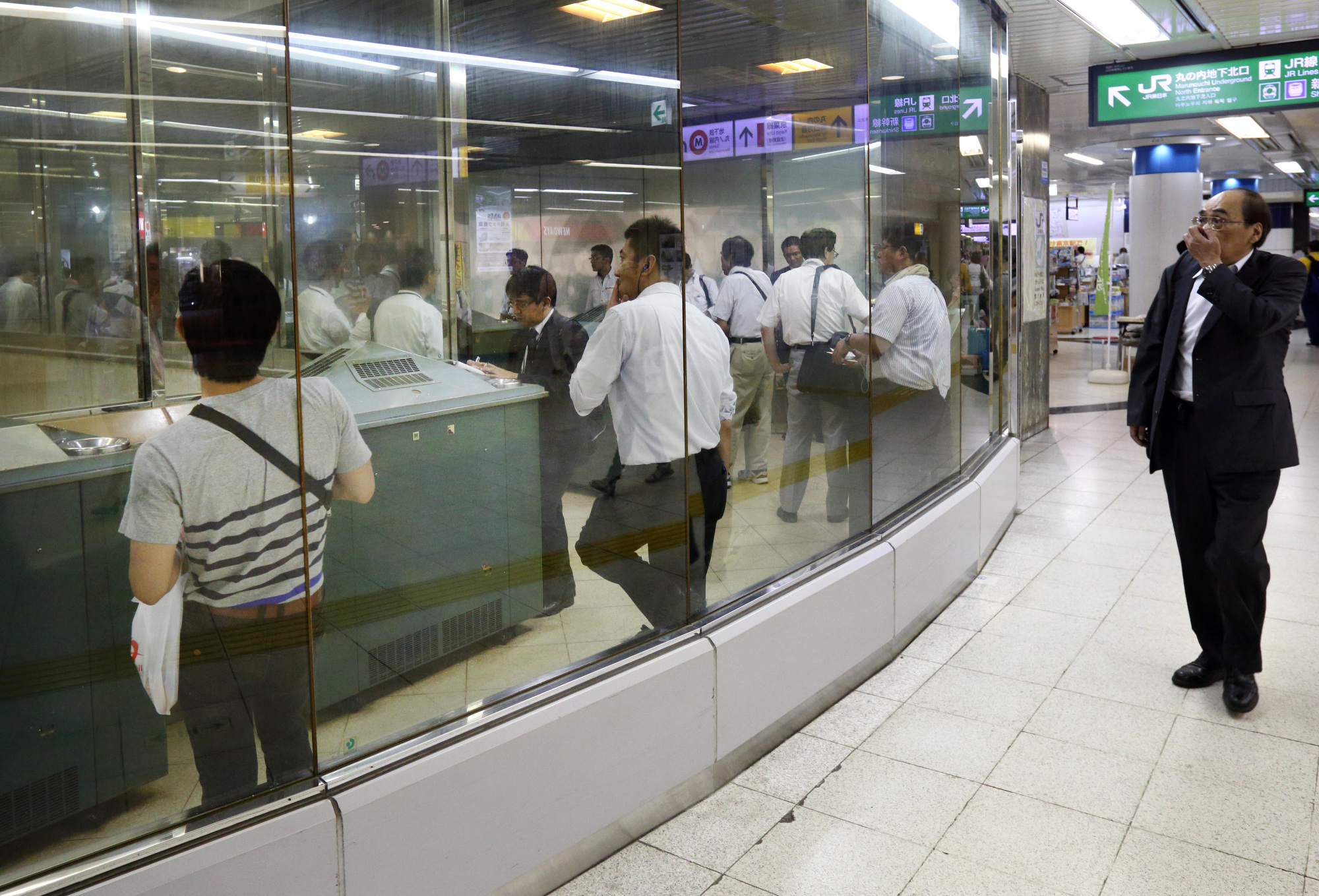When I want a coffee I seek out Starbucks, not because I think it has the best product, but because it's the only coffee shop I know of that's 100 percent nonsmoking. Almost all others in Japan have separate smoking and nonsmoking sections, which are useless in terms of keeping smoke away from people who don't want to breathe it. Generally speaking, inhaling secondhand smoke is the norm for eating and drinking establishments in Japan, where smokers are allowed to light up almost anywhere as long as they observe "manners." Here, the division between smokers and nonsmokers is not considered a matter of health, but one of civility.
That's why it's unlikely Tokyo will pass a law prohibiting smoking in all indoor public spaces before the 2020 Olympic Games, despite the fact that the International Olympic Committee (IOC) demands not only that venues for the games be smoke-free, but that the entire host city be smoke-free. Since the dawn of the millennium every city except Tokyo that has held or will hold the Olympics has outlawed smoking in indoor public spaces, including Athens, Beijing and Pyeongchang, all of which are in countries with higher smoking rates than Japan's.
Last fall the health ministry came up with a "foundation" for new "guidelines" to address the problem of secondhand smoke. At present, Japanese law simply says that businesses and managers of public spaces must "make an effort" to prevent nonsmokers from breathing smoke-filled air, which is why separate smoking sections is considered sufficient. A recent edition of the NHK news shows "Closeup Gendai" showed a representative of the World Health Organization inspecting a family restaurant in Tokyo that had installed an "air curtain" to keep smoke from drifting into the nonsmoking section, but the representative explained that the technology doesn't work.
















With your current subscription plan you can comment on stories. However, before writing your first comment, please create a display name in the Profile section of your subscriber account page.